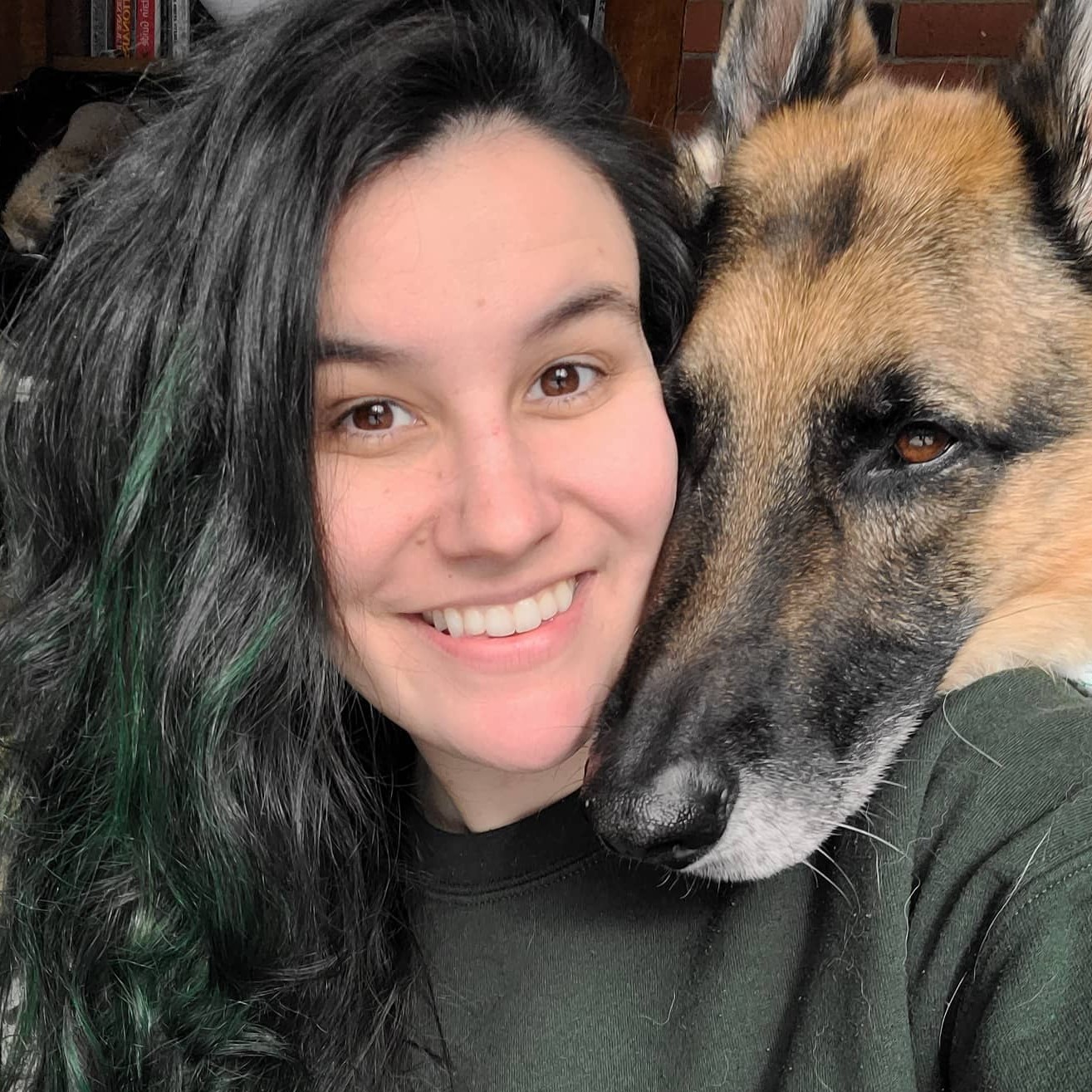When dog trainers talk about the ABCs it can sound a little overwhelming, but I promise it isn't as complicated as it seems.
In order to really set our dogs up for success, it's important to understand how they learn. Dogs do NOT generalize information but they do make associations because events and their outcomes.
The ABCs of dog training are -
A- Antecedents
B- Behaviors
C- Consequences
In this video I share some examples of what those ABCs look like
Choose how you'd like to view this guide's video.


